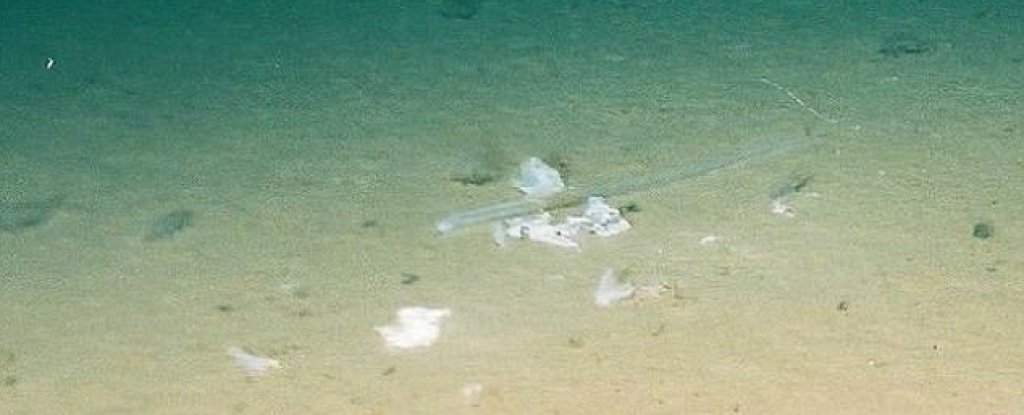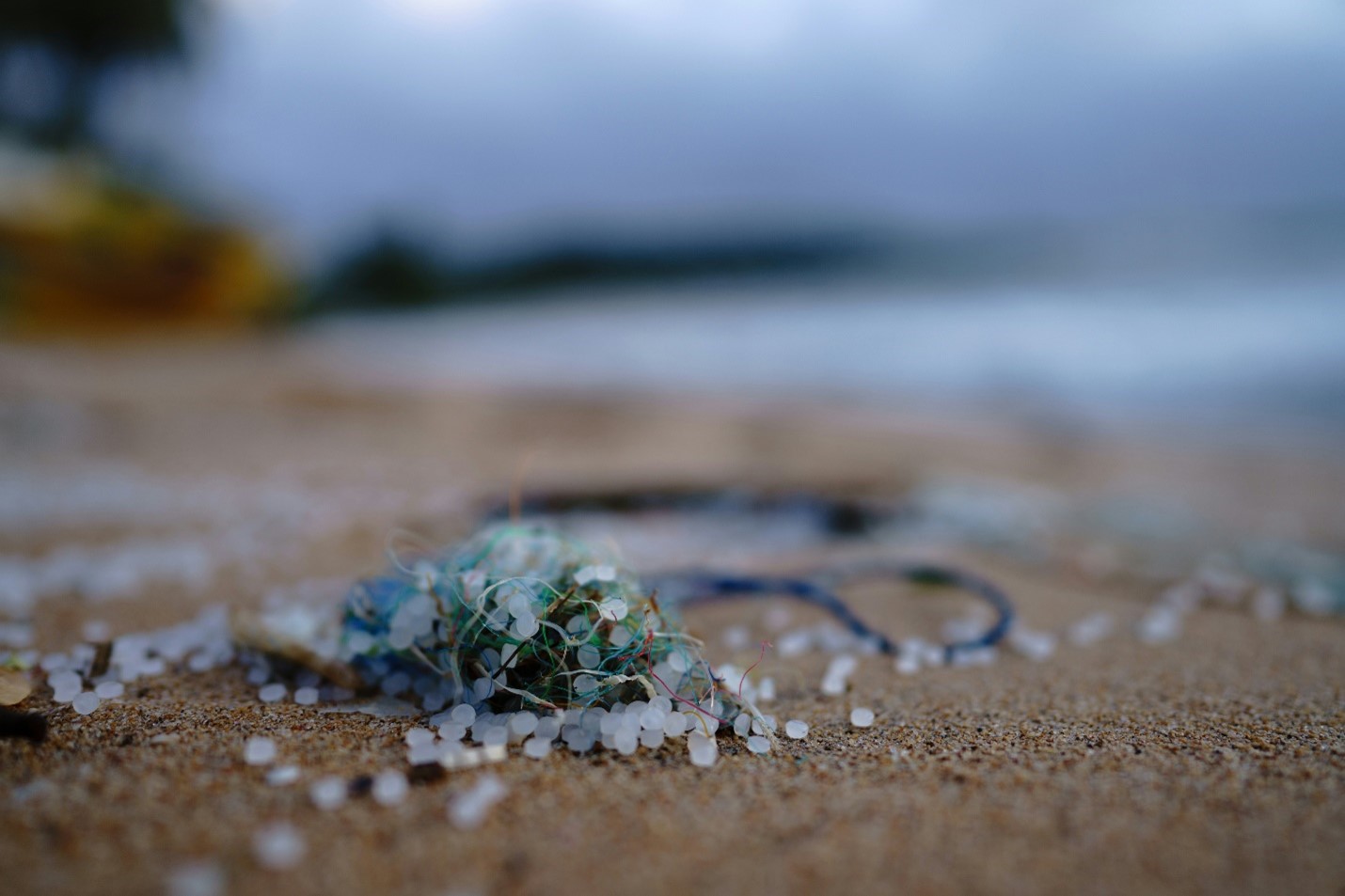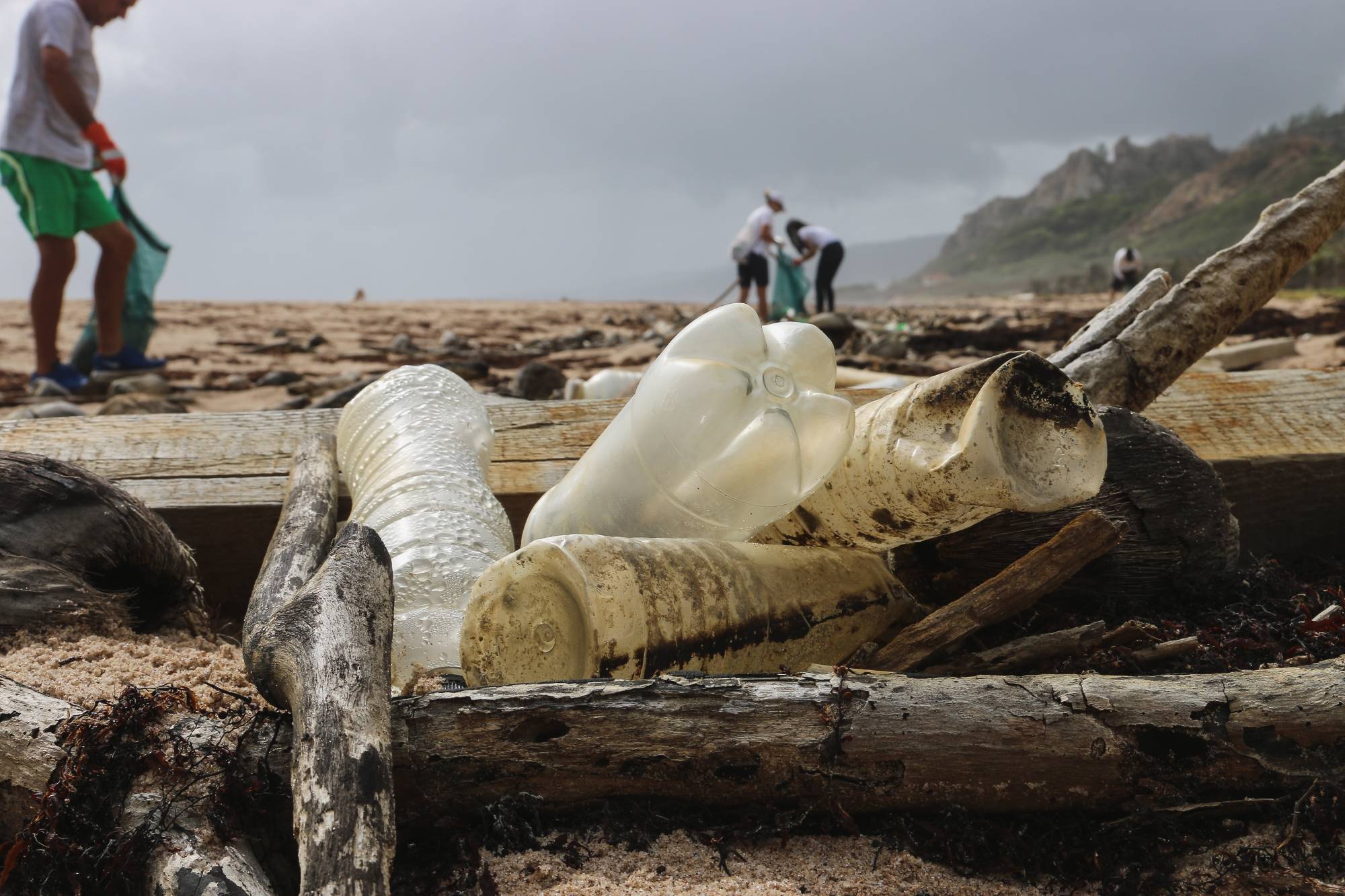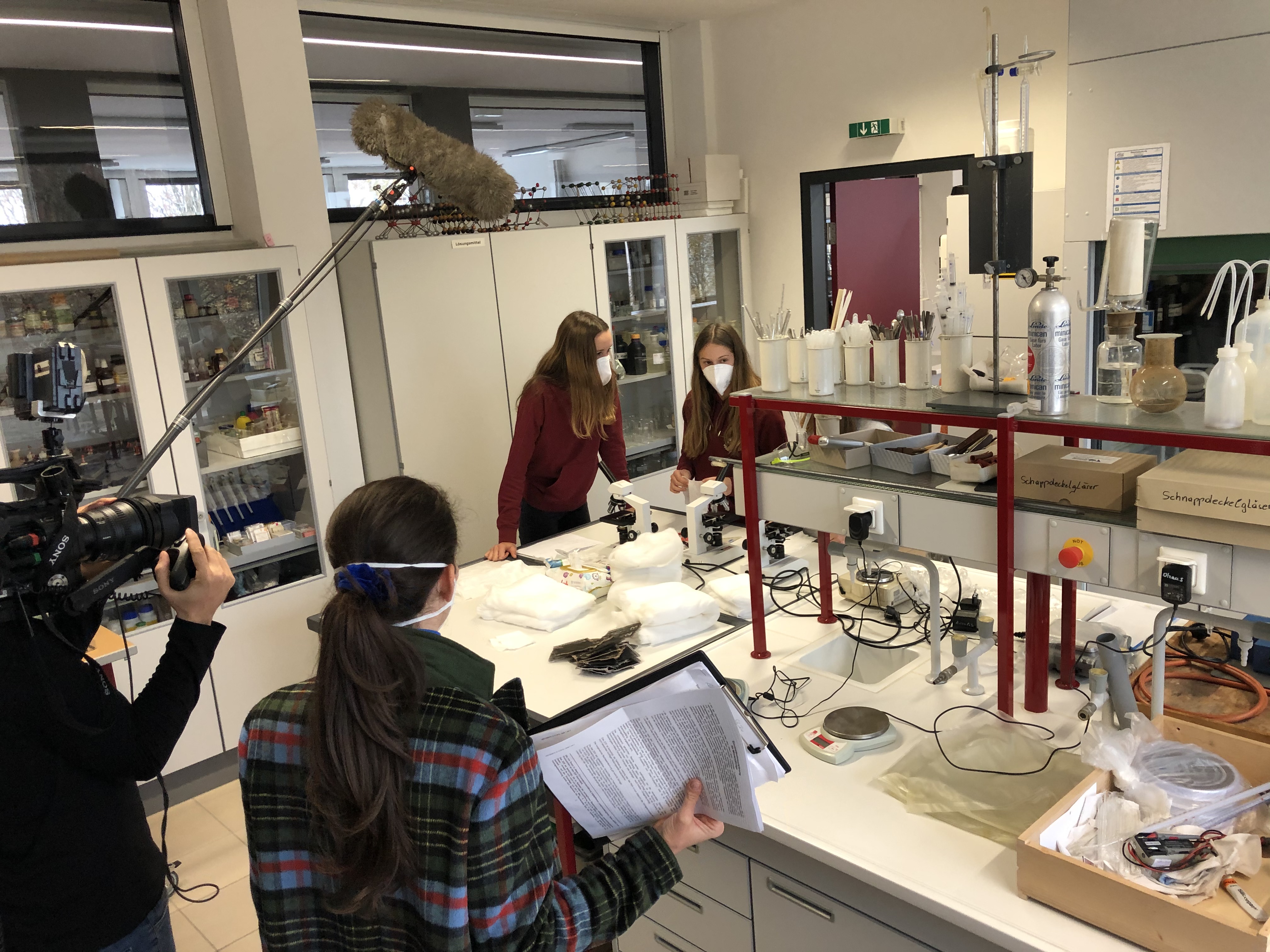The above image showing plastic waste was captured at the bottom of the Mariana Trench — the deepest point in the oceans — which extends nearly 10,975 meters down in a remote part of the Pacific Ocean. The image, after being disclosed to the public several years ago, has sparked heated debate globally as a harsh reminder of human impact on even the most remote and untouched corners of the Earth.

Sustainable Living
How much plastic is part of our daily life and how we can avoid it.





















































